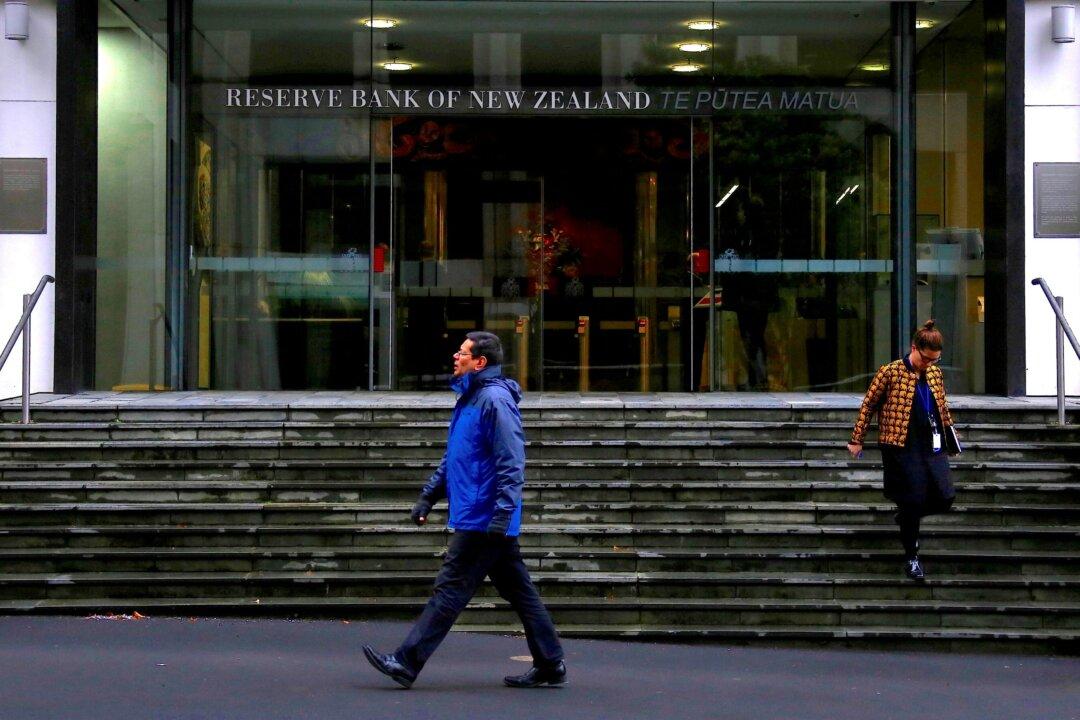New Zealand is technically in a recession after the nation’s gross domestic product (GDP) slid into the red for the second consecutive quarter.
Figures released by Statz NZ on June 15 showed that New Zealand’s economy fell 0.1 percent in the March 2023 quarter, following a fall of 0.7 percent in GDP in the December 2022 quarter.





